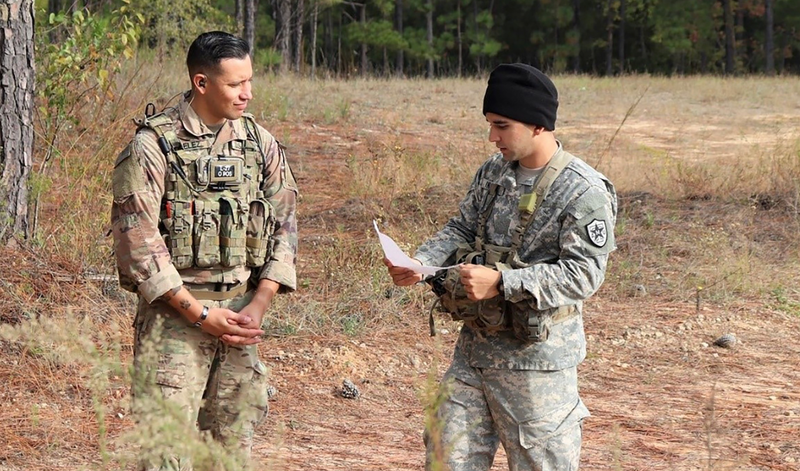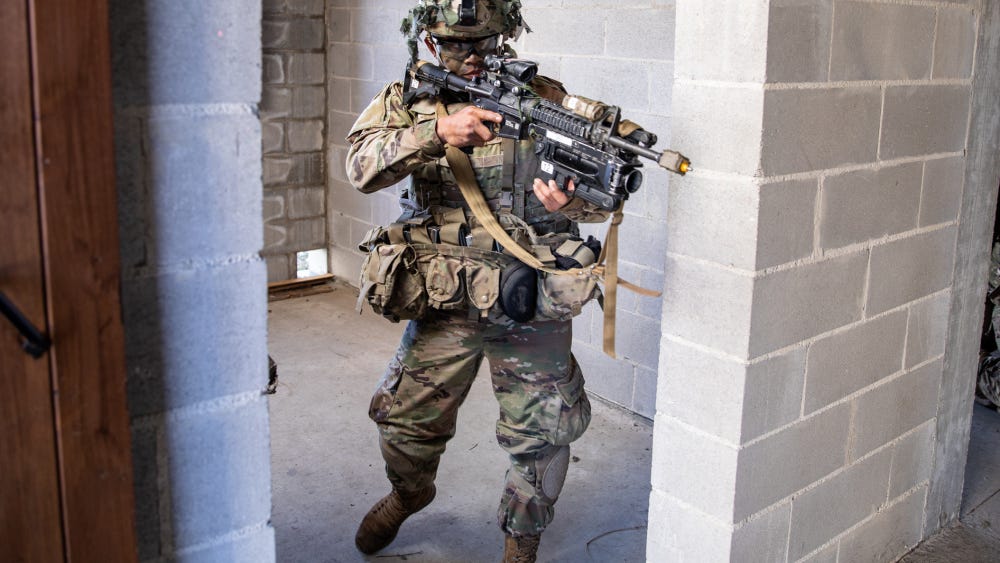
The Security Force Assistance Brigade (SFAB) was born into controversy. Largely the brainchild of now Chairman of the Joint Chiefs Gen. Mark Milley, many saw the SFAB as encroaching on what had traditionally been a Special Forces mission. It did not help that their original berets looked very similar to the iconic Green Beret of Special Forces.
However, Milley may have been on to something as reluctant as some may be to admit it. Special Forces had been deployed heavily during the Global War on Terror. Teams were not hurting for work in active theaters of war, and this left some other military advising missions to atrophy.

The SFAB was created with this mind, to pick up the slack and train conventional foreign partner forces while Special Forces continued to work with foreign special ops units.
Despite past controversies and contending with the COVID-19 pandemic, the SFAB made their first deployment to a country where America has had a long-standing security assistance mission: Colombia. Three commanders within the SFAB recently wrote about the deployment for Infantry magazine.
After a long quarantine process, the authors write, "within weeks of arrival to the outstations, advisor teams were told to cease activities due to a political environment questioning the legality of our presence and pending Colombian congressional approval. Teams constantly competed with negative social media posts, tweets, and articles."
But the SFAB soldiers drove on with their mission regardless and interfaced with the host nation counterparts. An important part of their mission was the liaison with the Colombian Army Counter-Narcotics Brigade (BRCNA). The SFAB deployed 4 teams, consisting of ten to eleven soldiers in each who began to train and mentor their Colombian counterparts, helping to run exercises and identify areas where operations can be made more efficient.
While the SFAB has understandable faced great skepticism, it appears that the unit is beginning to pay dividends.
Even as the war in Afghanistan comes to a close and the United States sees the military shifting towards so-called great power competition, many of those missions will involve Foreign Internal Defense and host-nation capacity building.
In this sense, SFAB may be a wise long-term investment as Special Forces may not be able to cover all of these advisory missions while also remaining proficient at other assigned tasks.
Want to get more connected to the stories and resources Connecting Vets has to offer? Click here to sign up for our weekly newsletter.
Reach Jack Murphy: jack@connectingvets.com or @JackMurphyRGR.


